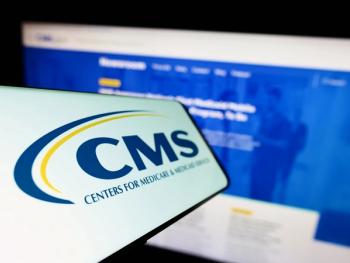
Adaptimmune Completes BLA for Cell Therapy for Solid Tumors
The application for afami-cell to treat patients with advanced synovial sarcoma is the first engineered T-cell therapy for solid tumors submitted to FDA.
Adaptimmune Therapeutics has
Afami-cel is designed as a single-dose treatment for advanced synovial sarcoma. It targets MAGE A4, which is highly expressed in synovial sarcoma. In
“Engineered T-cell therapies, like afami-cel, have the potential to change the way we manage difficult to treat late-stage cancers like synovial sarcoma,” John A. Charlson, M.D., of the Medical College of Wisconsin and clinical trial investigator, said in a
The submission is supported by data from cohort 1 of the pivotal trial SPEARHEAD-1, which met its primary endpoint for efficacy. Data from the trial were recently
In this phase 2, open label trial, about 39% of the 44 patients who received afami-cel had clinical responses with a median duration of response of about 12 months. Median overall survival was about 17 months in compared with historical data for people with synovial sarcoma who received two or more prior lines of therapy. Additionally, 70% of people with advanced synovial sarcoma who responded to afami-cel are alive two years post-treatment.
Adverse events included cytokine release syndrome and reversible hematologic toxicities.
Cohort 2 of the SPEARHEAD-1 trial has completed recruitment and has an overall response rate similar to patients in cohort 1. Adaptimmune said the data will reported. Additionally, Adaptimmune said the FDA agreed that data from cohort 2 will serve as confirmatory evidence for full approval.
Cohort 3 of the study is ongoing to provide patient access to afami-cel in the interim.
Newsletter
Get the latest industry news, event updates, and more from Managed healthcare Executive.

























